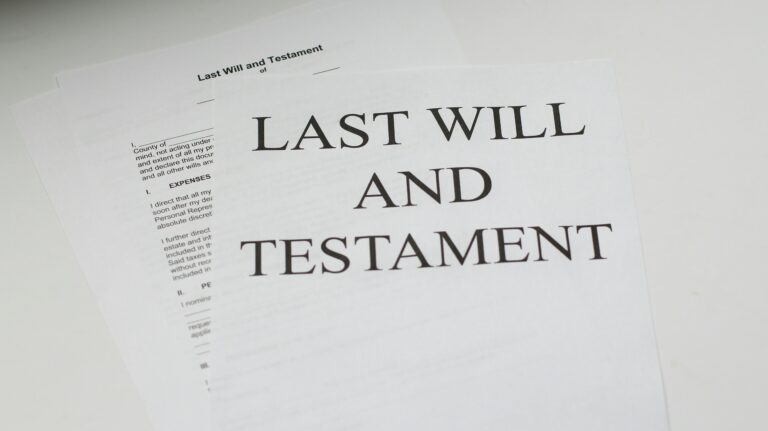
Top Myths of Estate Planning
There are far more than five myths about estate planning. However, the article “5 common myths about estate planning, debunked” from Utah Business examines the most common ones. Estate planning is crucial to safeguarding your financial future and asset disposition and ensuring that the right people are involved in caring for you in case of incapacity. Estate planning is for your life and your legacy.
Biggest myth of all: You only need a Will for estate planning. Your estate plan begins with a Last Will and Testament. However, a comprehensive estate plan addresses more than the distribution of assets. Trusts are used to ensure that assets are transferred to the right beneficiaries in a timelier manner than they would be if passed through your will. Your estate plan should include a Power of Attorney, Health Care Directive and a Living Will.
Myth 2: Only seniors need estate plans. Anyone of legal age who has a family and owns property needs a will. Young families need an estate plan to protect their children and ensure that the parent’s assets and any life insurance proceeds are managed and distributed to their children according to the parent’s wishes. Parent’s wills need to include naming a guardian to raise children in the unlikely event of both parents dying while the children are still minors. Without naming a guardian, a court decision will determine who raises your children.
Myth 3: Only rich people need wills. An argument could be made that estate planning is more critical for people who aren’t rich, protecting and growing more modest estates. A well-crafted estate plan will protect the estate from creditors, deter litigation between family members and minimize tax liabilities so wealth can be passed to the next generation.
Myth 4: Estate planning is only about what happens after death. Estate planning addresses what should happen in case of incapacity because of illness or an accident. If you can’t communicate your wishes, these documents allow others to act on your behalf. A Power of Attorney appoints someone to handle your financial and legal matters. Standard POAs aren’t the best option, since they may allow someone too much or insufficient control. You’ll also want a Health Care Power of Attorney so someone you name can take over your medical care and talk with your doctors and health insurance company. Another reason for placing assets into a trust is that the successor trustee may manage assets in the trust if you are incapacitated.
Myth 5: Once your estate plan is created, you’re all set. Your car and home require ongoing maintenance—and so does your estate plan. Life and laws change, and your estate plan won’t work if it’s outdated. Triggering events like marriage, divorce, birth, relocating, or big changes to your financial situation require a review of your estate plan.
Consult an experienced estate planning attorney to create or review your estate plan. You’ll breathe easier knowing you’ve taken steps to protect yourself and your loved ones.
Reference: Utah Business (June 12, 2024) “5 common myths about estate planning, debunked”









